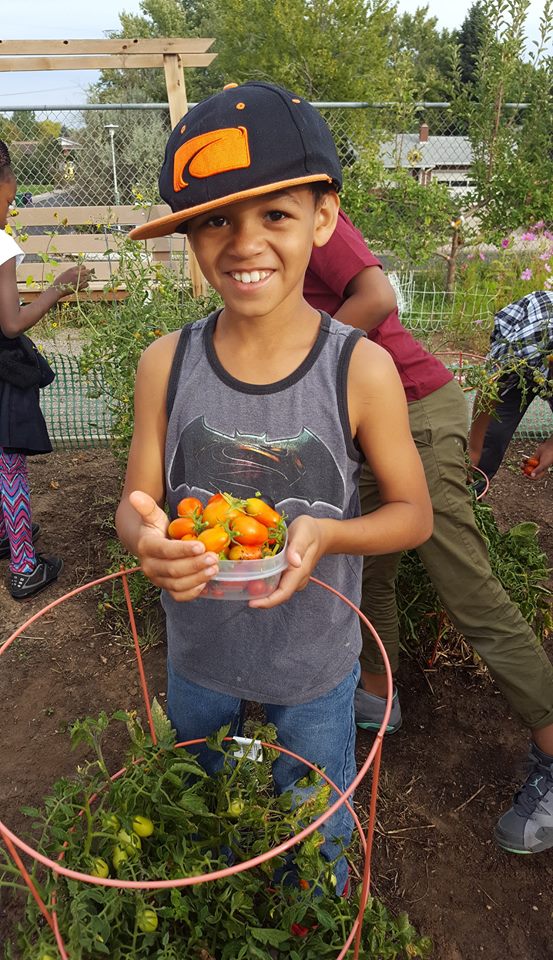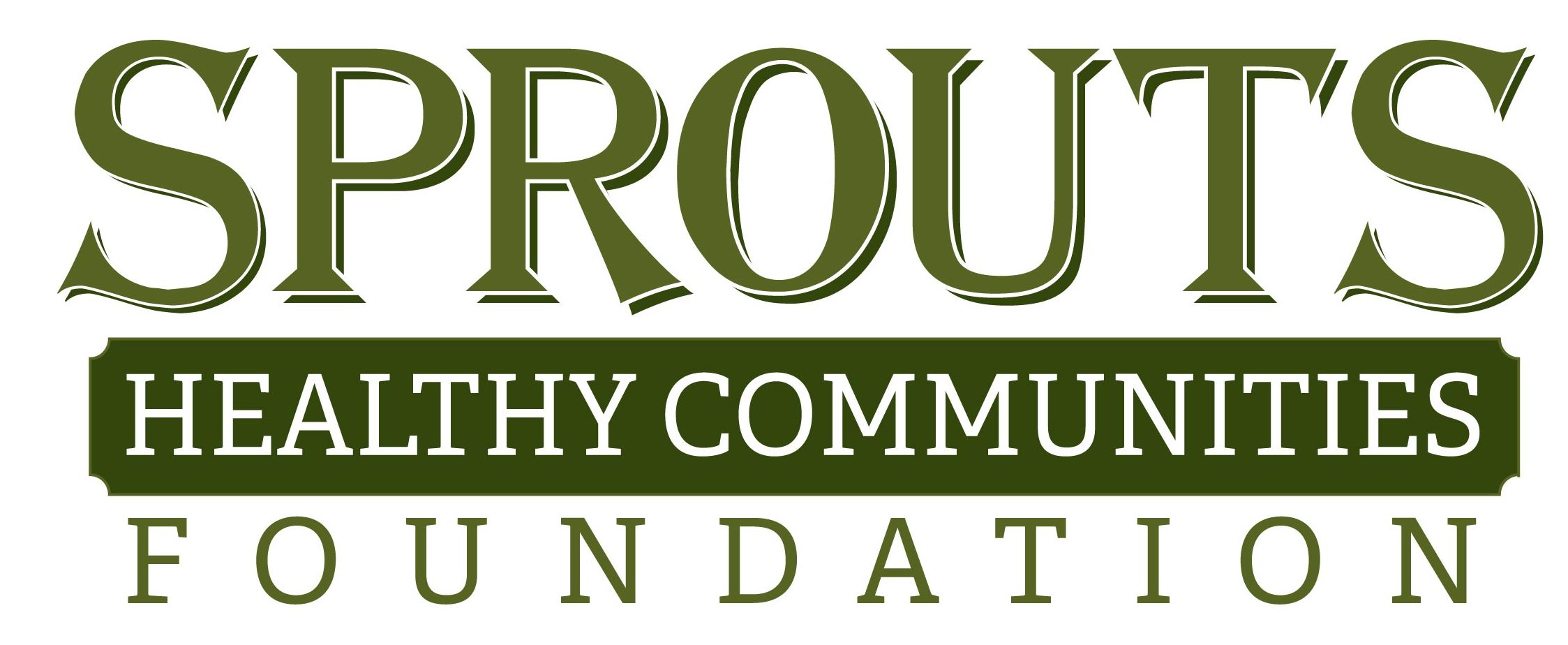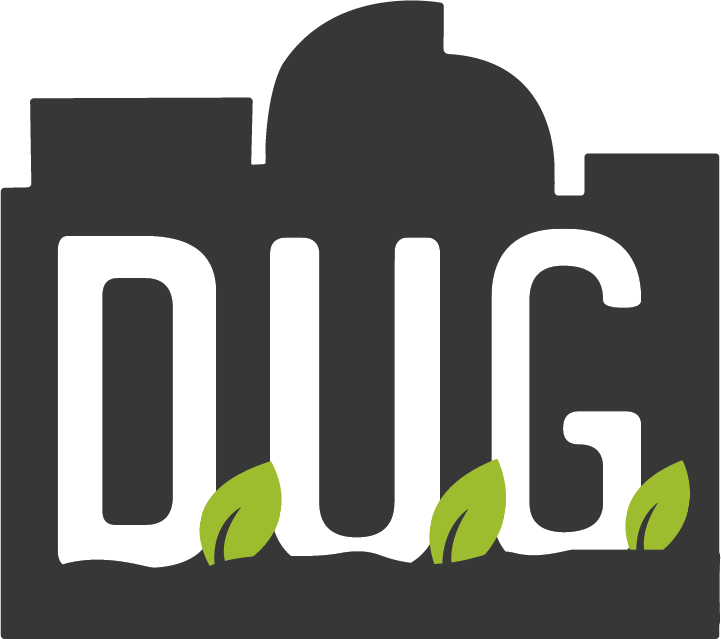Our seasonal approach to teaching bridges gardening, nutrition and science using standards-aligned lessons for the elementary school classroom and garden. Each lesson includes the applicable Colorado Academic Standards in science and comprehensive health with suggested extensions and modifications. Most lessons are one hour and include a healthy, kid-tested recipe that is appropriate for the classroom, topic and season.
DUG’s curriculum provides experiential opportunities for student inquiry and investigation into health, earth and life sciences, math, literacy and social science. DUG’s curriculum was developed as a result of over a decade of working with elementary-aged students.
Goals
- Increase students’ daily intake of fruits and vegetables
- Build connections between healthy bodies and healthy gardens.
- Decrease the incidence and likelihood of childhood obesity and diabetes.
- Increase students’ participation in and bonding to their community and their peers.
- Teach the course in a way that augments the current classroom curriculum.
- Increase relevancy of earth and life sciences through hands-on garden and nutrition lessons.
- Basic Concepts
Body and Health
- Nutrition
- Food groups, vitamins, fiber, salt, etc.
- Skill development in reading and analyzing nutrition labels
- Exercise
- During gardening activities
- Personal Awareness
- Personal diet assessment and small steps to positive change
Science and Agriculture
- Plant Biology
- Life Cycles
- Agriculture
Inter- and Intrapersonal Skills
- Group Work
- Critical Thinking
- Inter-generational Mentoring
Standards-Alignement
DUG’s lesson plans build upon the Colorado Academic Standards and concepts in science, literacy and comprehensive health. In addition, our lessons can easily be adapted to fulfill other academic standards, such as math, social sciences and art (see Suggested Interdisciplinary Extensions for ideas).
Teaching Principles
- Progression and Repetition: Topics are taught in a repetitive manner over time, rather than in a time-limited manner. This allows students to build upon earlier knowledge with new information. This teaching style reiterates the connectedness of these topics, encouraging students to see the correlation between science and their health and other aspects of life.
- Multiple Teaching Styles: Nutrition, health and gardening are whole body concepts and activities. As such, we use three different approaches to teaching
- Lecture and discussion
- Activities and experiments
- Sensory experience of lessons
- Strengths Perspective: DUG believes that all people have innate capacities that, when encouraged, have powerful positive impacts on their communities. We tailor our activities to the students’ strengths, for example, directing students to gardening activities that suit their skills and motivations. Additionally, we reward class participation and encourage positive leadership by supporting pro-social behavior.


We’d like to thank Sprouts Healthy Communities Foundation for their generous support of the Healthy Bodies, Healthy Gardens Curriculum.
Youth Educator Resources
- Gardening with Children
- Classroom Management Tips for the Garden
- Conduct Guides for Mentors Working with Youth
- Building a Grow Light Frame Instructions – Standard
- Building a Grow Light Frame Instructions – Angled
- Nutrition Label Information
- Suggested Interdisciplinary Extensions
- Garden Activity Books
- Gardening and Nutrition Children’s Books
- Troubleshooting a Summer Garden Program
- DUG Horticulture Resources
Lessons
Colorado Academic Standards

